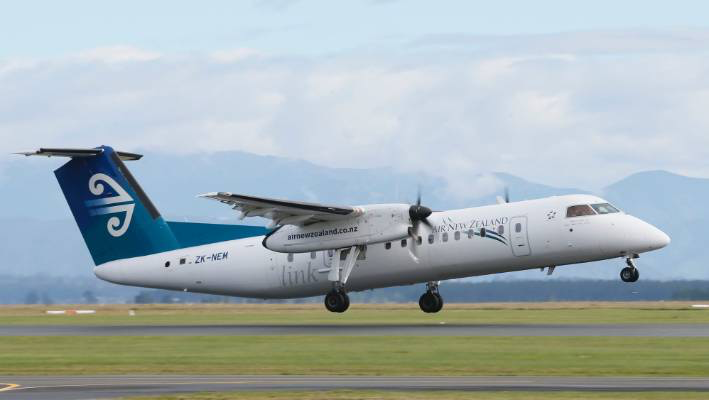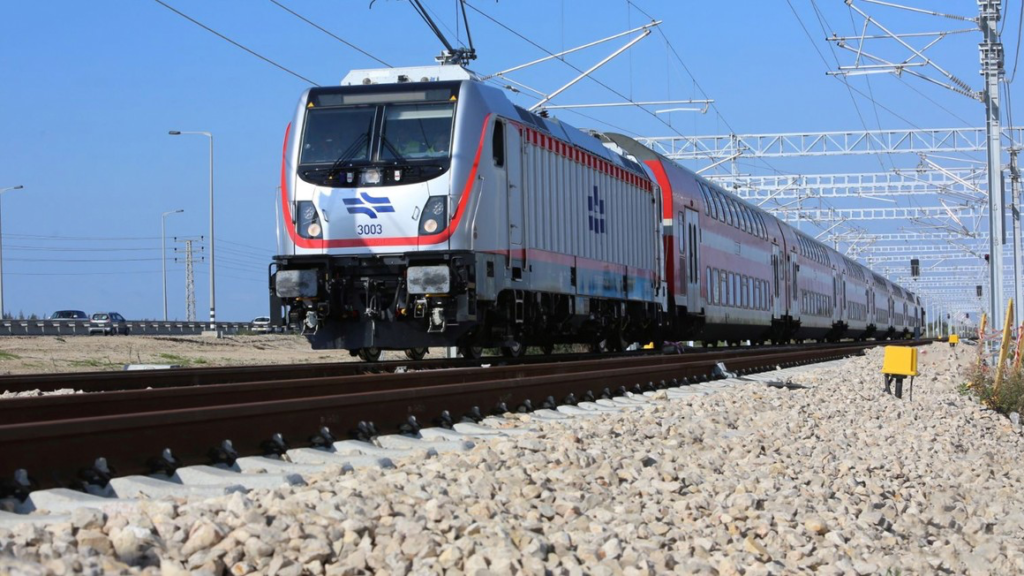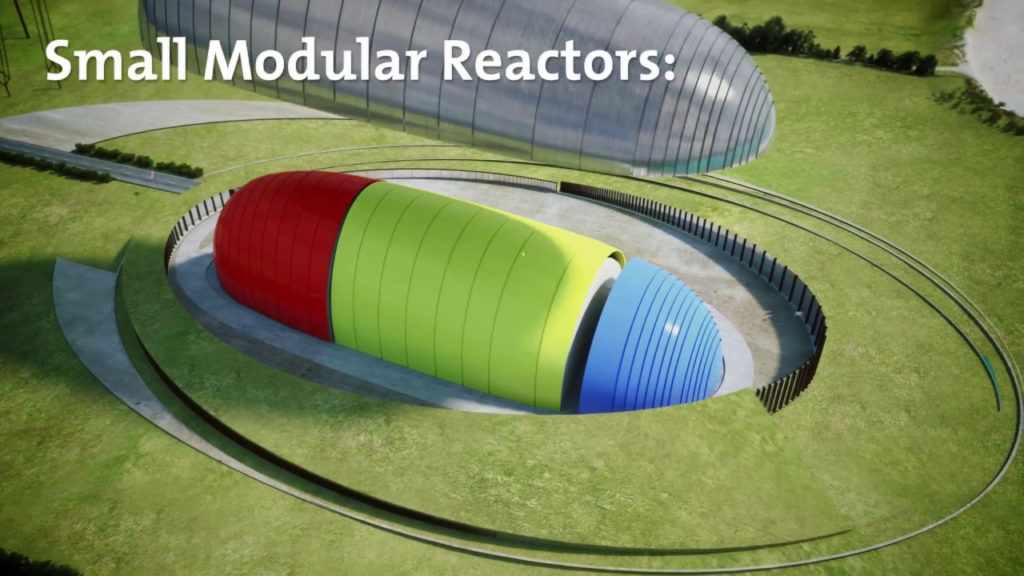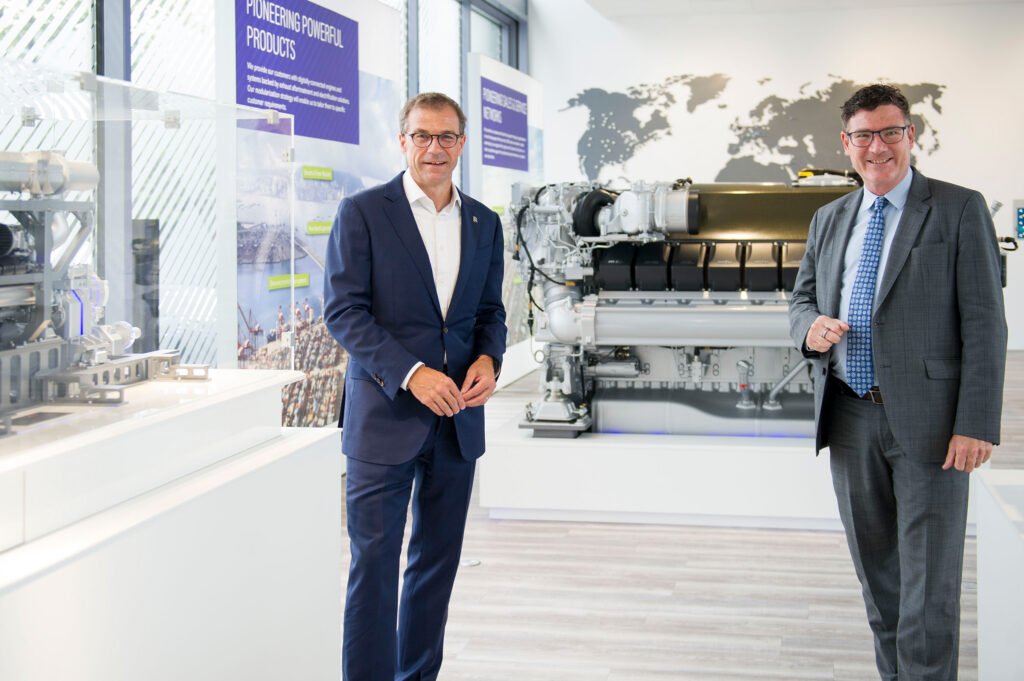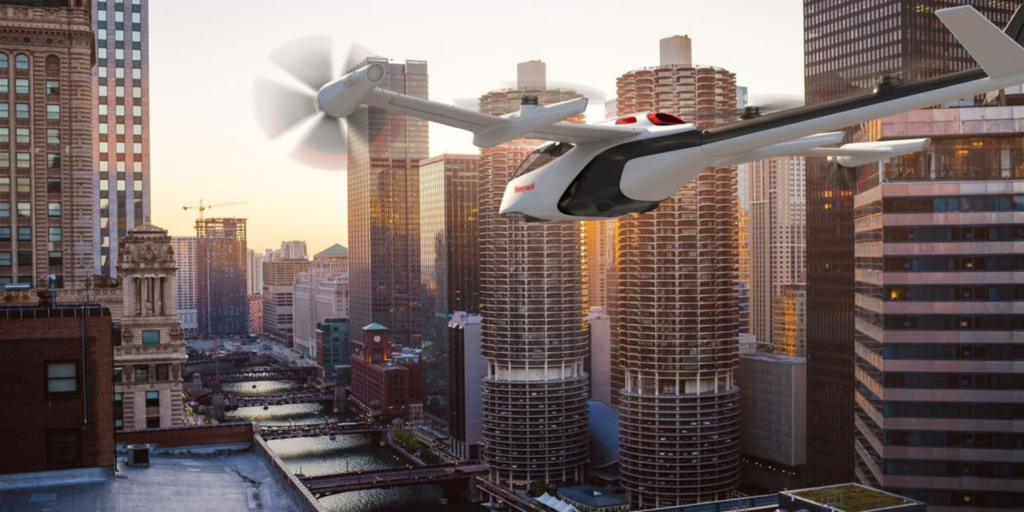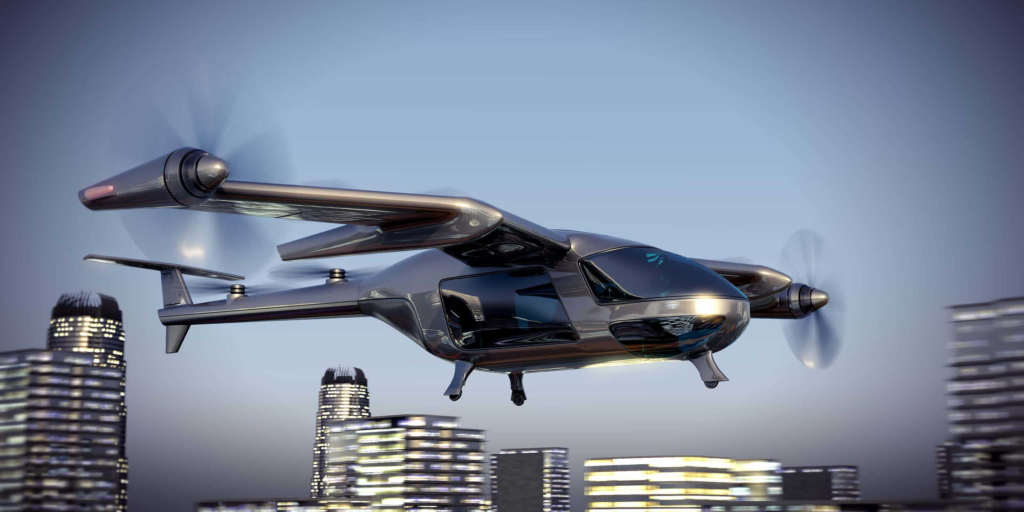DHL supply chain invests 500 million euros in focus on Latin America
In view of the global trend of omni-sourcing, DHL (OTC: DHLGY) Supply Chain, the world’s leading logistics company and part of DHL Group continues its strategic investments into emerging markets and fast-growing economies. Today, DHL…

